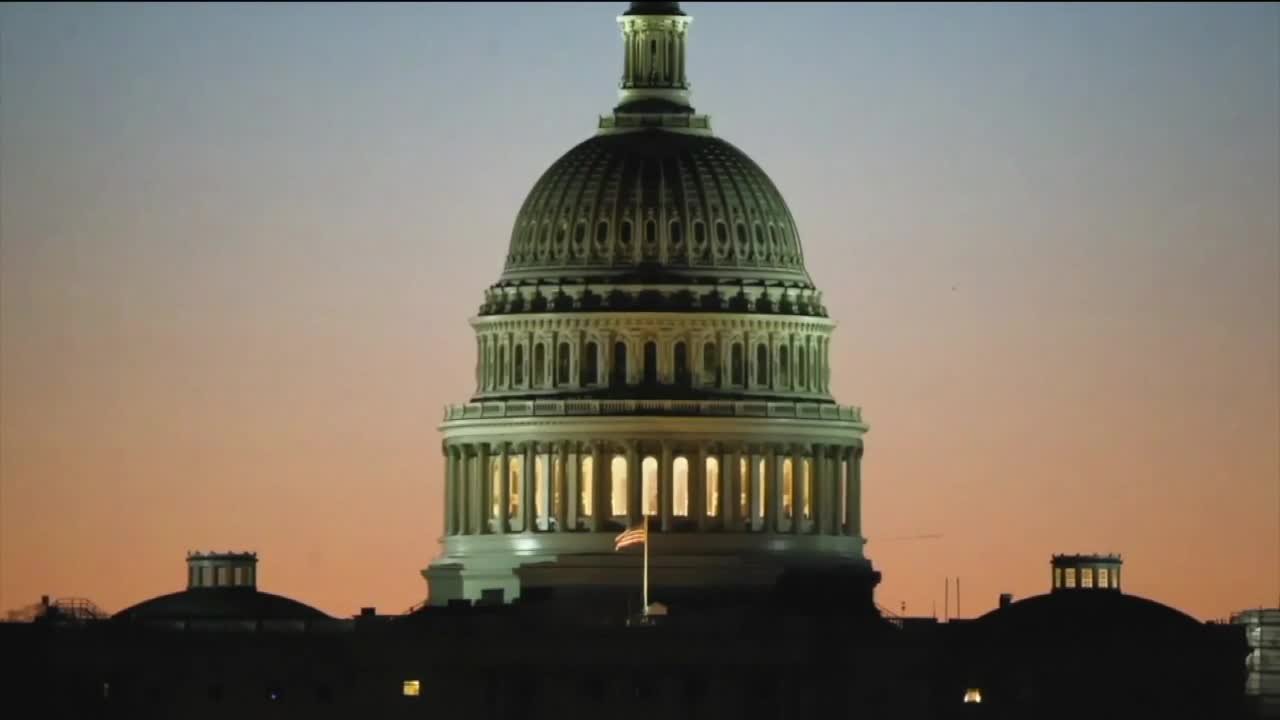CLEVELAND — The state might have a $69.8 billion biennial budget but the reality is they are just the middle man for most of the money. More than 85% goes out in checks to schools, higher education, Medicaid and local government.
"So most of the budget does not get spent on state agencies,” said Governor Mike DeWine.
It's different at the local level, they spend what they take in and those governments are also facing a similar shortfall in income and other tax revenue. The one bright spot has been aid in the early phases of the CARES Act that has come to Ohio, $3.74 billion to the state as a whole, $215 million to Cuyahoga County but it comes with a catch.
"That money is very very limited in how it can be used,” said Cuyahoga County Executive Armond Budish.
If you have a direct COVID-19 expense you can use the money to cover it but Senator Rob Portman said “you can't use if for an indirect expense which is a result of reduced revenue, which is a result of the reduced economy, which is a result of the coronavirus."
That's something Portman and Senator Sherrod Brown are asking Treasury Secretary Steve Mnuchin to change because one of the big expenses at the local level is public safety.
“I’m talking directly to some of the police departments and EMS personnel mostly firefighters about this because they're looking at cuts of 20-30%,” Portman said. “They're telling me they cannot maintain current levels of service that shouldn't surprise us. That's the last thing you want to do right now during this crisis.”
Brown said he spoke with DeWine Wednesday about the cuts. He understands why the governor had to make them, he just wishes the state had dipped into the $2.7 billion in rainy day funds now instead of saving them for later. In the meantime he joins Portman in this bi-partisan push to allow flexibility.
"We continue to push Mnuchin to fix this if he doesn't it will be in the next recovery act and we will make it retroactive so the money that's already out there can be spent the way cities and counties want to,” Brown said.




